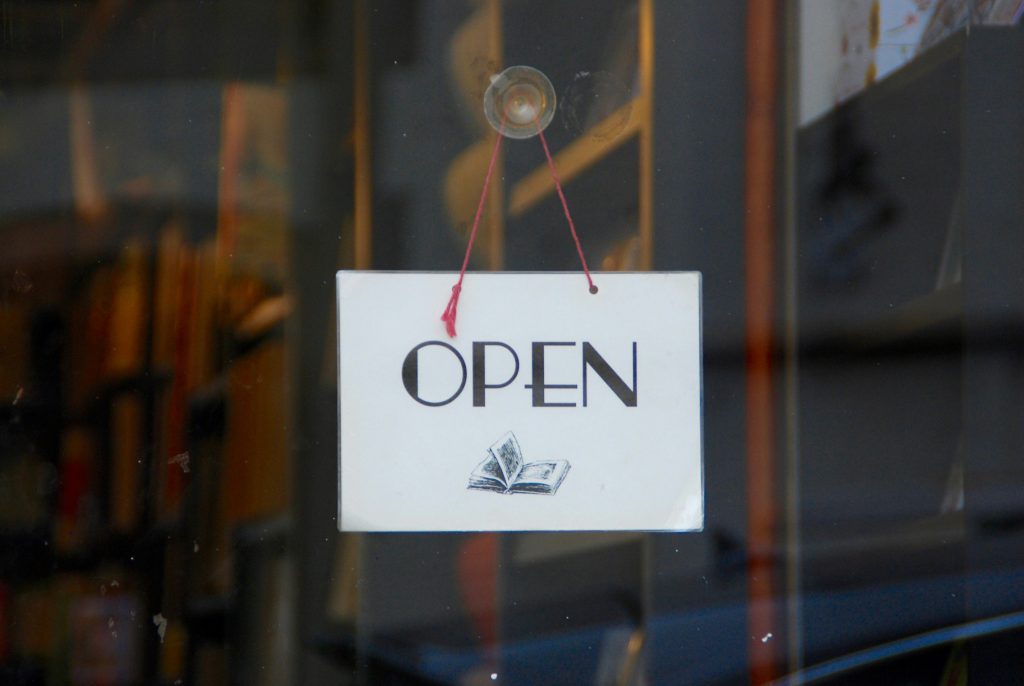Making your research open access has many benefits; to you as a researcher, to the University and to society. For example:
- Prompt and widespread dissemination.
- Increased citations: research has shown that open access articles are cited more frequently than those that can only be accessed via paywalls.
- Efficiency gains in the research process through easy access to previous research.
- Enhanced profile through the availability of an individual’s research output in one place.
- Increased public understanding and access to research.
- Innovation, practice development and economic growth driven by access to the latest research.
- Social justice! Making research open access means that anyone with an internet connection can access the research they need free of charge. This can make a big difference to people’s:
- Employment and educational prospects
- Community and social development
- Health care
Most research is funded by public money, and therefore it should be publicly available. Yet, most people do not have access to most research. Open access can change this.
This blog post contains information about open access for UKRI-funded researchers.

UKRI’s Open Access policy published in March 2022 applies to:
- Journal articles and conference proceedings submitted for publication on or after 1 April 2022
- Monographs, book chapters and edited collections published on or after 1 January 2024
UKRI funded articles and conference proceedings
Articles and conference proceedings submitted on or after 1 April 2022 must be Open Access immediately upon publication.
In addition:
- You can no longer apply an embargo to your Author Accepted Manuscripts deposited in Research Space Repository.
- Add this UKRI statement to your author accepted manuscript (AAM) before submission: ‘For the purpose of open access, the author has applied a CC BY public copyright licence (where permitted by UKRI, an Open Government Licence or CC BY ND public copyright licence may be used instead) to any Author Accepted Manuscript version arising‘. This applies to all AAMs and is your ‘safety net’, it ensures that your article will comply.
- You must apply a CC BY licence to your article (with CC BY ND allowed in some exceptional cases)
- You must create a Data Access Statement, even where there are no data associated with the article or the data are inaccessible.
- MRC and BBSRC biomedical research articles that acknowledge this funding will be archived in Europe PubMed Central.
- Articles can include third-party materials (such as images, photographs or maps) that are subject to a more restrictive licence.

UKRI funded books, book chapters and edited collections
Books, chapters or edited collections published on or after 1 January 2024 must be published Open Access or available in a repository (e.g. Research Space) within 12 months of publication.
- They can be published as an Open Access item or be deposited as an Author Accepted Manuscript in Research Space Repository.
- They must use a CC BY licence that allows the reader to search for and reuse content, subject to proper attribution.
- They should include images, illustrations, tables, photographs, diagrams, maps and other supporting content where possible, but these third-party materials are allowed to be made available under a more restrictive licence.
- Exceptions will be permitted, for example if there are problems related to obtaining permission for re-use of third party material, or if an appropriate publisher is unable to offer an Open Access option that complies with UKRI’s policy.
- Textbooks, scholarly editions, exhibition catalogues, trade books and fictional works are excluded.

What UKRI funded researchers need to do
- You must keep a digital copy of the Author Accepted Manuscript version of your work and deposit it in Research Space Repository upon acceptance. Contact repository@canterbury.ac.uk and we’ll help you assign the 12 month embargo. This provides you with a “safety net” of free Open Access that is sufficient to meet the requirements. See point 16 of the UKRI policy.
- From 2024 onwards a central grant will be available. Page 5 of the UKRI policy states: “UKRI will provide an Open Access Block Grant to support compliance with this policy for both research articles and in-scope longform publications”
- You must apply a CC BY licence to your work (with CC BY ND allowed in some exceptional cases)
- Be aware of the need to make your work openly available online when dealing with material for which you don’t own the copyright. This checklist about use of third party copyright material that University of Kent produced for postgraduates may be helpful. When seeking permission to use third party copyright material, state that it will be available online.
- Bear in mind that some UKRI block grant funding will be available to publish Open Access online. Consider the opportunities this may offer to link to inter-active content, images and audio visual material and address this in your dissemination plan.
- Use this list of resources to help you choose a quality Open Access publisher and this Open Access books toolkit which explains more about the process of publishing a book Open Access.
 Library
Library Claire Choong
Claire Choong 505
505


